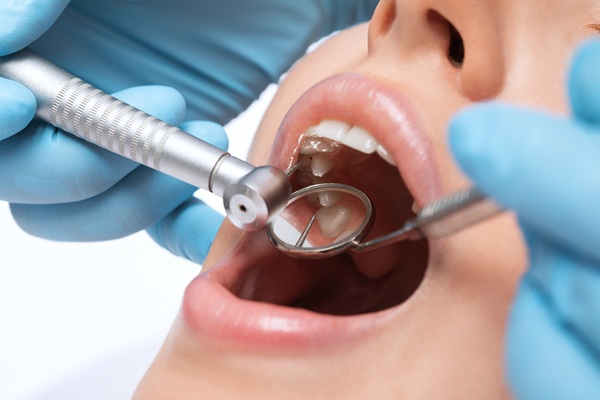Preventive Dentistry: 5 Things You Need to Know About Sugar and Tooth Health

Our mothers have all taught us consuming sweets causes cavities but that preventive dentistry can help counteract the effects. The first thing to know is that this is not exactly correct. The bacteria in plaque feasts on residual sugar left on teeth. This creates lactic acid build up which lowers the pH surrounding the teeth, eroding minerals, dissolving the tooth’s enamel and exposing the core of the tooth.
Sugar consumption and tooth health
Lactic acid
Preventative dentistry reveals it is the lactic acid doing the real damage to tooth health, but the amount of sugar consumed directly correlates to the amount of lactic acid being produced. Therefore, more sugar does in fact equal greater risk to the health of teeth. And so in this sense mom is right when she says the sweet tooth will come back to bite.
Data on sugar consumption and cavities
The current World Health Organization recommendation is 10 percent sugar intake. However, a study done by BMC Public Health indicates that is sugar consumption is reduced to less than three percent of daily energy intake then the risk of cavities is ideally diminished. This study also shows that as people with high rates of sugar consumption get older, the rate at which then get cavities goes up 10 fold.
Another thing preventative dentistry teaches is that sugar-free or diet products may not be necessarily better for the teeth. If they are highly acidic, they will erode enamel all the same. A final fact regarding honey: despite being natural and healthier for the body than processed sugars, its adhesive quality can make it more susceptible to bacteria on the teeth.
Protecting the teeth
Preventative dentistry suggests these five ways of reducing the amount of sugar coming in contact with your teeth
- Brushing your teeth (preferably with fluoridated toothpaste) and flossing on a regular basis preferably twice a day
- If one must, drinking sugary drinks through a straw to avoid contact with teeth
- Drinking lots of water (fluoridated if possible) with sugary foods to rinse off teeth
- Drinking milk — the basic pH will counteract acid production
- Substituting fresh fruit for fruit-flavored products with refined sugar, e.g., yogurt with fresh blueberries rather than blueberry flavored yogurt
Additional consequences
The deterioration of teeth through the overconsumption of sugar may have more consequences than the immediate health of individual teeth. The underlying threat to each tooth is gum disease. Developing gum disease, a result of plaque build-up, not only threatens the health of teeth but can cause other serious medical conditions.
Conclusion
Consuming lots of sugar will result in bacteria creating large amounts of lactic acid on the teeth. This will erode the enamel and make teeth prone to cavities and other diseases. Proper hygiene and fluoride can reduce risk even when sugar is present in the diet, but reducing sugar intake below three percent of total energy intake is the best way to ensure tooth health.
Are you considering preventive dentistry in the Irvine area? Get more information at https://www.lightbreezedental.com.
Check out what others are saying about our services on Yelp: Read our Yelp reviews.
Recent Posts
Understanding the key differences between a dentist and an orthodontist can help patients determine which specialist they need for their oral health care. While both professionals focus on maintaining and improving oral health, their roles, training, and areas of expertise differ significantly. A dentist typically handles general dental care, while an orthodontist specializes in diagnosing…
Without promptly getting a tooth fillings for a cavity, it can lead to other serious oral health issues, including tooth abscesses and tooth loss. Despite improvements in dental hygiene and oral care, tooth decay continues to be a major issue for children and adults alike. Therefore, it is necessary to visit the dentist regularly so…
Without promptly getting a tooth fillings for a cavity, it can lead to other serious oral health issues, including tooth abscesses and tooth loss. Despite improvements in dental hygiene and oral care, tooth decay continues to be a major issue for children and adults alike. Therefore, it is necessary to visit the dentist regularly so…
Considering Invisalign® after a tooth relapse? In orthodontics, a tooth relapse occurs when the teeth go back to being crooked after braces treatment. When this happens, it can be easy to want to just ignore it and move on; however, oral health and hygiene are both put back at risk when the teeth are crooked.…


